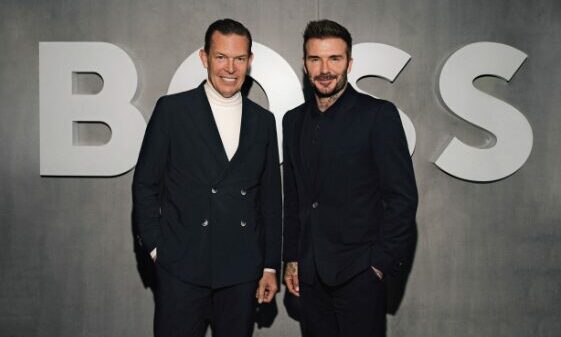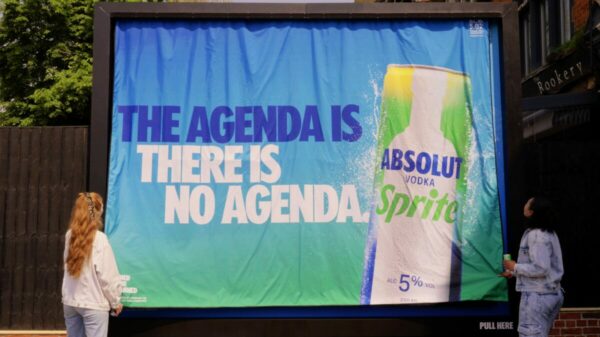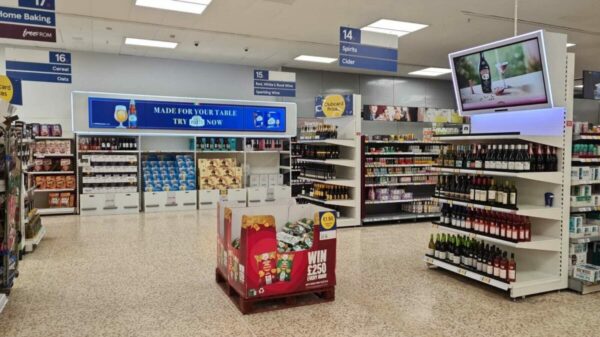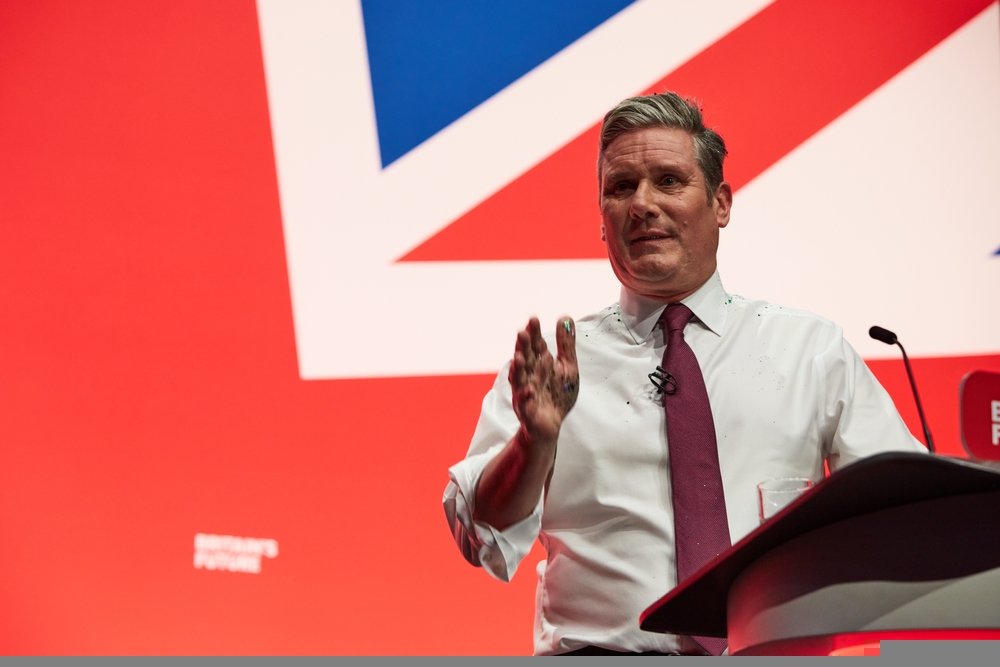Over two-thirds of the UK’s largest advertisers intend to slash spending on traditional TV platforms next year, as the oncoming recession ignites a shift to digital media and ‘last minute bursts’ of promotion.
According to a survey of 59 advertisers carried out by the Incorporated Society of British Advertisers (ISBA), 67% of UK-based brands and agencies will make the biggest budget cuts to ads on broadcast TV.
An additional 40% of those advertisers questioned said that they aimed to cut spend in ‘offline’ media such as traditional TV, radio, print and out-of-home (OOH) platforms.
Released exclusively to The Guardian, the study reportedly surveyed three of the top 10 and 11 of the top 50 spenders with a combined advertising budget of £1.5 billion. While the ISBA report named no specific advertisers, the UK’s current biggest spenders are known to be Unilever, Sky, BT, Tesco, Asda, Virgin Media, L’Oréal and Procter & Gamble.
The news comes a week after the chancellor, Jeremy Hunt, revealed a tax-heavy autumn statement, claiming that the nation was already in recession.
“The survey clearly shows the impact of recession on the spending plans of major brands,” ISBA director general Phil Smith.
“There’s a general shift towards more flexibility of commitment and a significant swing towards digital delivery in every medium.”
Subscribe to Marketing Beat for FREE
Sign up here to get the latest marketing news sent straight to your inbox each morning
While traditional TV spend seems to have been shunned, a third of brands surveyed by the body declared their intention to increase spend on paid search, digital and social channels. Despite this, only 30% of advertisers stated that brand-building campaigns will remain a focus next year.
With ITVX approaching its launch date, more than half of the brands and agencies surveyed also highlighted their aims to put more money into ads on streaming services.
“Brand owners are sensibly positioning themselves for anticipated recession by building more short term flexibility in their budget planning,” Ebiquity group chief executive Nick Waters said.
“But it is encouraging to see the commitment amongst many advertisers to maintain and even increase brand-building activities. Evidence from past recessions demonstrates that brands which continue to invest for the longer term gain market share and emerge from the downturn faster and stronger.”









